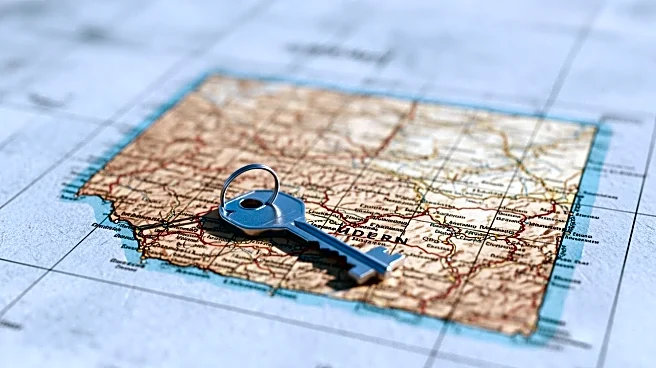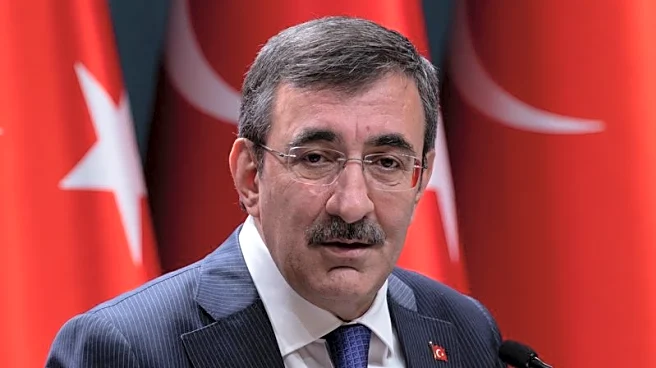What's Happening?
The United Nations Security Council recently adopted Resolution 2797, which renews the mandate of the United Nations Mission for the Referendum in Western Sahara (MINURSO). This resolution does not endorse Moroccan sovereignty over Western Sahara but
instead frames the issue within the search for a political solution consistent with self-determination. Despite Morocco's diplomatic efforts to promote its autonomy plan as the final settlement, Western Sahara remains on the UN list of Non-Self-Governing Territories, awaiting decolonization and a genuine act of self-determination. The Sahrawi people continue to face military occupation and forced exile, while Morocco claims that its sovereignty is settled and that Sahrawis live in prosperity under Moroccan administration.
Why It's Important?
The situation in Western Sahara is significant as it represents one of Africa's last unresolved colonial questions. The international community remains divided on the issue, with the UN consistently treating Western Sahara as a decolonization matter rather than an internal Moroccan issue. The Sahrawi people's struggle for self-determination is a critical human rights issue, highlighting the need for a fair and lasting solution that includes a transparent and internationally supervised vote. The ongoing conflict affects regional stability and international relations, as Morocco's claims are challenged by the Sahrawi people's demand for independence.
What's Next?
A just and durable peace in Western Sahara requires a genuine political mechanism allowing the Sahrawi people to choose between independence, autonomy, or integration. Effective human rights monitoring and the release of imprisoned Sahrawi activists are essential steps. Additionally, the exploitation of natural resources must be conducted with the consent of the Sahrawi people. Until these conditions are met, diplomatic statements claiming the conflict is resolved will remain unconvincing, and the Sahrawi people's demand for self-determination will continue to challenge narratives of peace and development.
Beyond the Headlines
The struggle for self-determination in Western Sahara raises broader ethical and legal questions about colonialism, human rights, and international law. The Sahrawi people's resistance against occupation and their efforts to preserve their identity through education and activism underscore the importance of recognizing indigenous rights and the role of international institutions in supporting decolonization efforts.

















